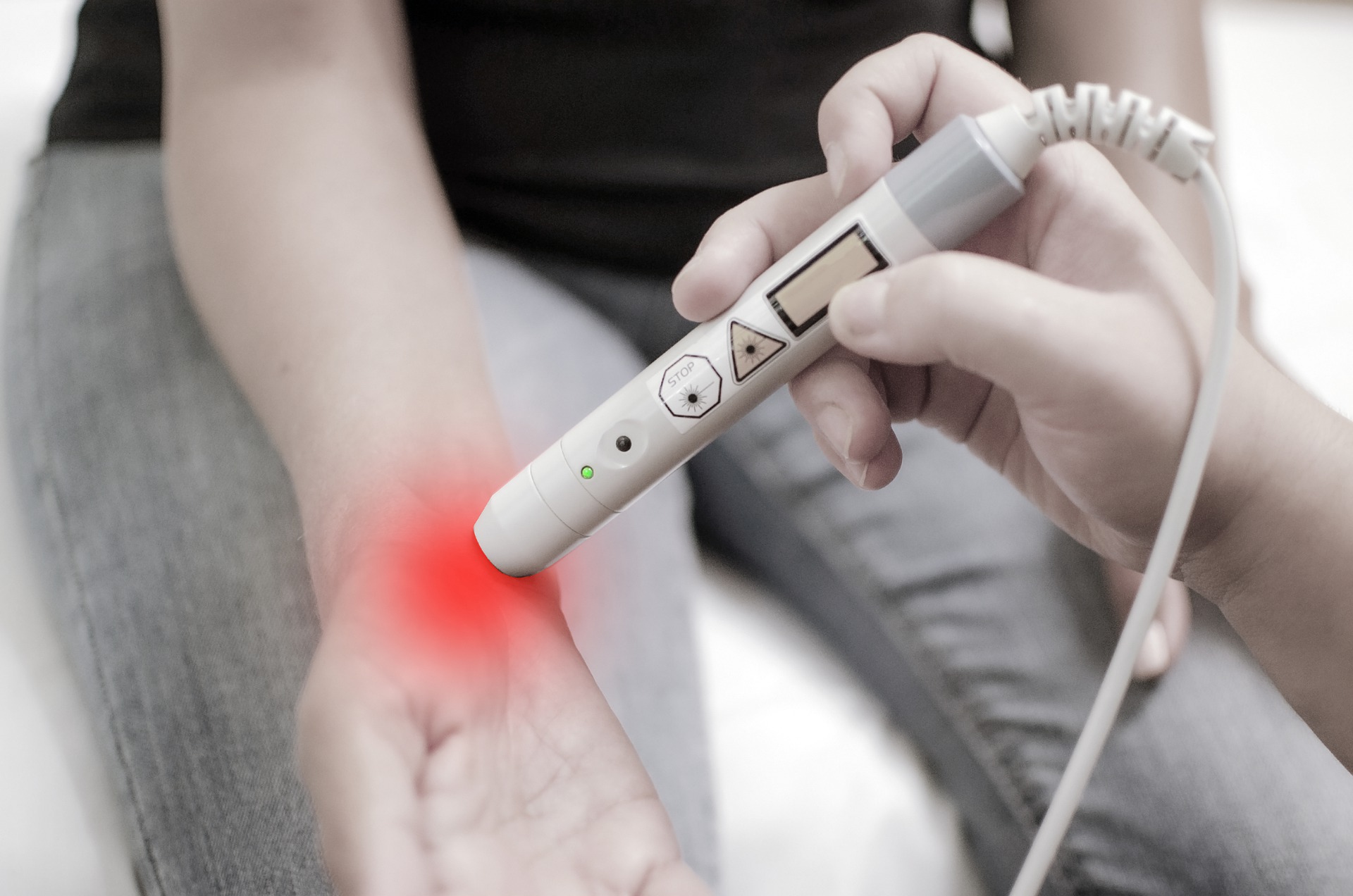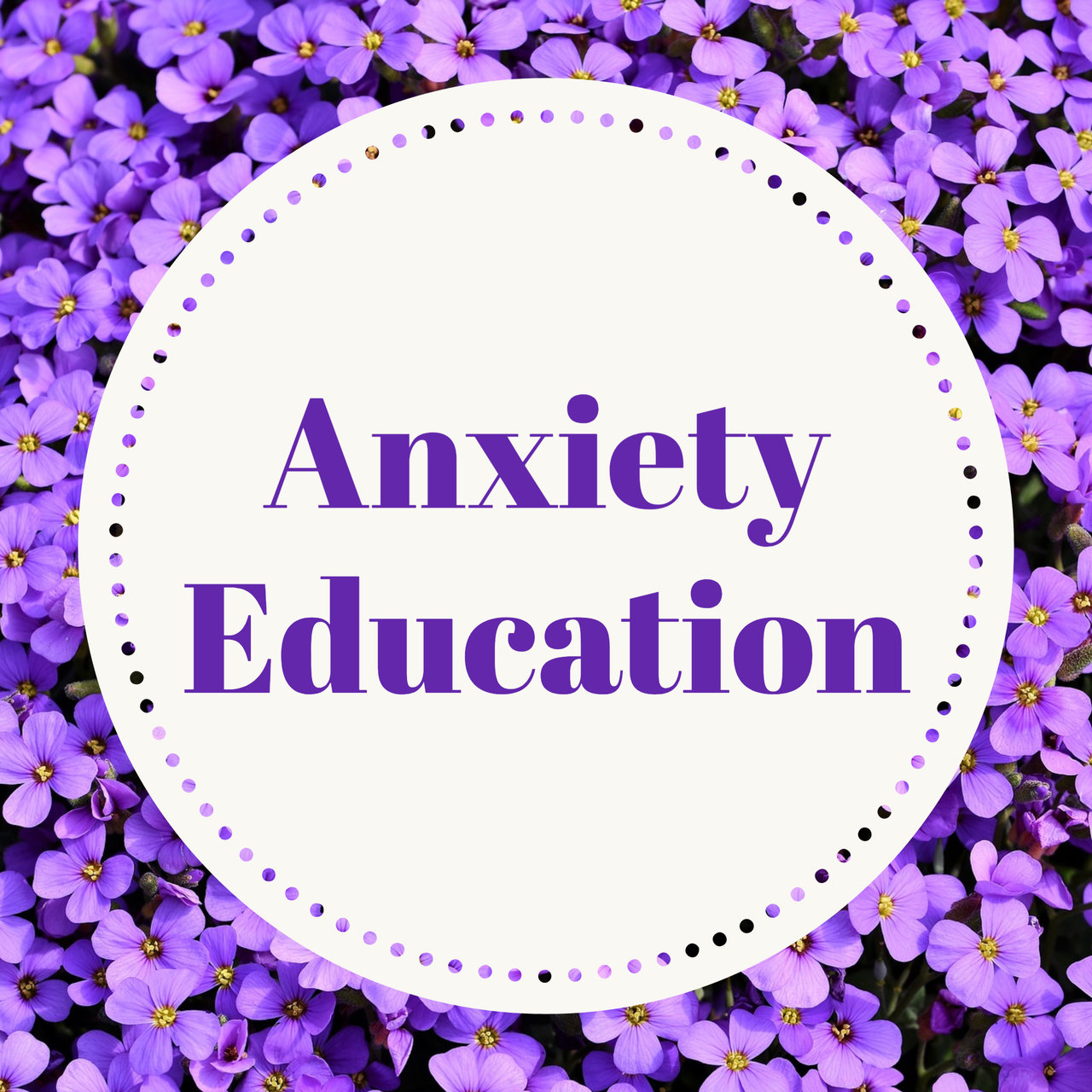
Anxiety as a Symptom of Physical Illness
Many people have been fortunate enough to avoid major feelings of anxiety for most of their lives. Some of them develop anxiety in their adult years. This is often due to work-related stress and other issues that affect your mental health. But sometimes, anxiety could be a symptom of an underlying physical illness.
How to Diagnose an Underlying Medical Condition
Often, psychological illnesses like anxiety are overshadowed by physical symptoms of a medical condition. But the reverse is also true. It’s not easy for your doctor to diagnose an underlying physical illness as the cause of your anxiety. One way for an expert doctor or psychiatrist to diagnose an underlying medical condition as the cause of your anxiety is to go through a series of questions about your medical and psychological history:
- When was the last time you suffered from major anxiety before this most recent attack?
- Does anyone else in your family suffer from a mood disorder or anxiety?
- What major life changes have you experienced recently, such as work, marital problems, or a move?
- Did the anxiety come on fast, or did it build up over time?
- Have you experienced any memory loss recently?
- Have you changed any medications?
- When was the last time you had a physical?
- What other diagnosed medical conditions do you have?
Underlying Medical Conditions That Can Lead to Anxiety
Depending on your answers to this series of questions, you may be a candidate for further diagnosis. Often, doctors use the mnemonic, “THINC MED” in these scenarios. The causes that they would examine include the following:
Tumors
Brain tumors are major culprits in adult-onset anxiety. Not only can they lead to mood changes and anxiety, but they can also produce other personality changes, hallucinations, and physical symptoms. Sometimes this results from tumors in your adrenal gland, which can elevate your adrenaline production to levels that produce anxiety and headaches.
Hormones
Often, anxiety is caused by thyroid problems. Hyperthyroidism, or overactivity in the thyroid is one cause. Hypothyroidism, or underactivity in the gland is also a cause for anxiety, as are parathyroid conditions. Sometimes this can result in restlessness, tremors, and other physical symptoms, too. In women, it may be an indicator of menopause.
Infectious Diseases
Numerous infectious diseases can trigger anxiety. Strep infections are near the top of the list. Lyme disease, spread through tick bites, is also a common cause. In rare occasions, Guillain-Barre syndrome may also cause anxiety following a viral infection.
Nutrition
Changes in your diet could affect your anxiety levels, such as a B12 deficiency, which can sometimes result from gastric bypass surgery. Generally, any vitamin deficiency or overload could have produce symptoms similar to mood disorders.
Central Nervous System
If you’ve ever had head trauma, it could result in anxiety. Chronic central nervous system issues could result in anxiety too, such as Alzheimer’s Disease and myasthenia gravis.
Miscellaneous
Generally, just about any chronic disease or condition can produce anxiety. This often happens as the illness progresses and affects your physical abilities. You can also experience anxiety as a symptom of food allergies, lupus, fibromyalgia, and various connective tissue and inflammatory conditions.
Electrolyte Abnormalities and Environmental Toxins
Your diet can affect your electrolyte levels, as can various medical therapies. When this happens, anxiety can occur, as well as restlessness. Environmental toxins like insecticides can produce anxiety, too.
Drugs
Prescription drugs are a common cause for anxiety, as are some over-the-counter drugs and herbal remedies. Caffeine, alcohol, cocaine, and other drugs can cause anxiety too. A recent trend has been for people to experiment with CBD and other plant products to alleviate these symptoms of anxiety.
Know Yourself
It’s a good idea to do a self-assessment of your mood and anxiety levels on a daily basis. If you feel like things are out of alignment, then consult with your physician or psychiatrist, and take the right steps towards feeling better.
